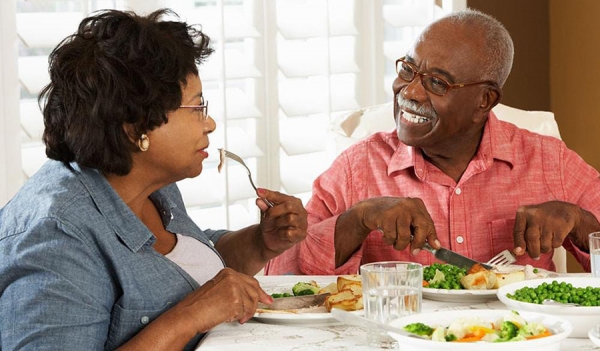The winter solstice (Dec. 21st) plays a role in vitamin D deprivation. Often seniors will suffer from bone softening, nausea, cognitive difficulties and frailty. Each of these symptoms can be mistaken for any number of illnesses but could quickly be identified as a lack of Vitamin D by a physician.
The CDC has determined that osteoporosis affects 16% of all seniors. The condition carries serious health risks, potentially leading to falls and other home safety hazards. The clear connection between vitamin D and bone health in the elderly helps defend against bone softening. Vitamin D improves senior mental health, combating prevalent issues like elderly depression. A 2017 study of more than 5,600 older adults found a link between lower levels of vitamin D and depressive symptoms, such as loneliness, lack of enjoyment, and restless sleep.
Study participants with the least amount of vitamin D reported more pronounced mental health concerns. As a result of this emerging science, researchers continue to investigate a potential vitamin D antidepressant.
There are several ways to attain vitamin D benefits:
Sunshine is one of the best natural sources of vitamin D. Take an afternoon walk or invest in a UV lamp for colder months.
- One tablespoon of cod liver oil supplements 170% of daily vitamin D.
- Four or five sliced, white mushrooms make up half of the needed vitamin D intake.
- Three ounces of cooked salmon account for more than 80% of necessary vitamin D.
- A cup of milk, which is fortified with vitamin D, contains 20% of the daily recommended vitamin D value.
Beyond these natural sources, a doctor or dietitian may recommend a vitamin D supplement, after ruling out medication interactions or other health risks.
Sources:
Madi M, et al. “The association between vitamin D level and periodontal disease in Saudi population, a preliminary study.”
sciencedirect.com
Yao P, Bennett D, Mafham M, et. al. “Vitamin D and calcium for the prevention of fracture.”
jamanetwork.com
Kweder H, Eidi H. “Vitamin D deficiency in elderly: Risk factors and drugs impact on vitamin D status.”
ncbi.nlm.nih.gov.
aplaceformom.com





